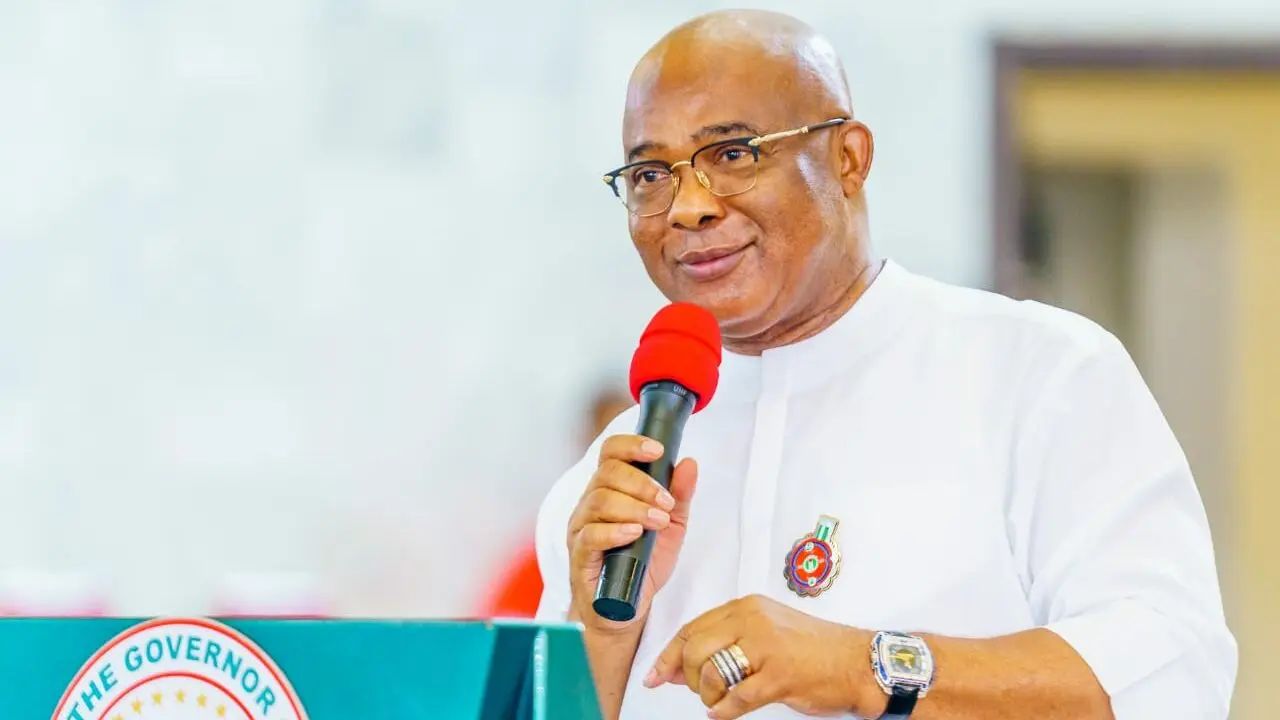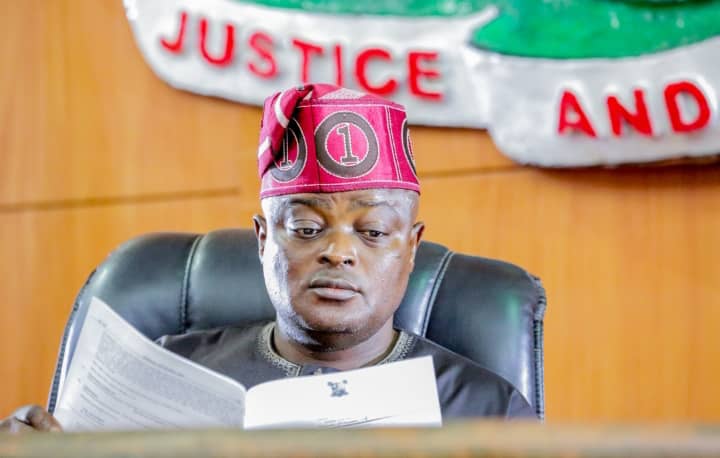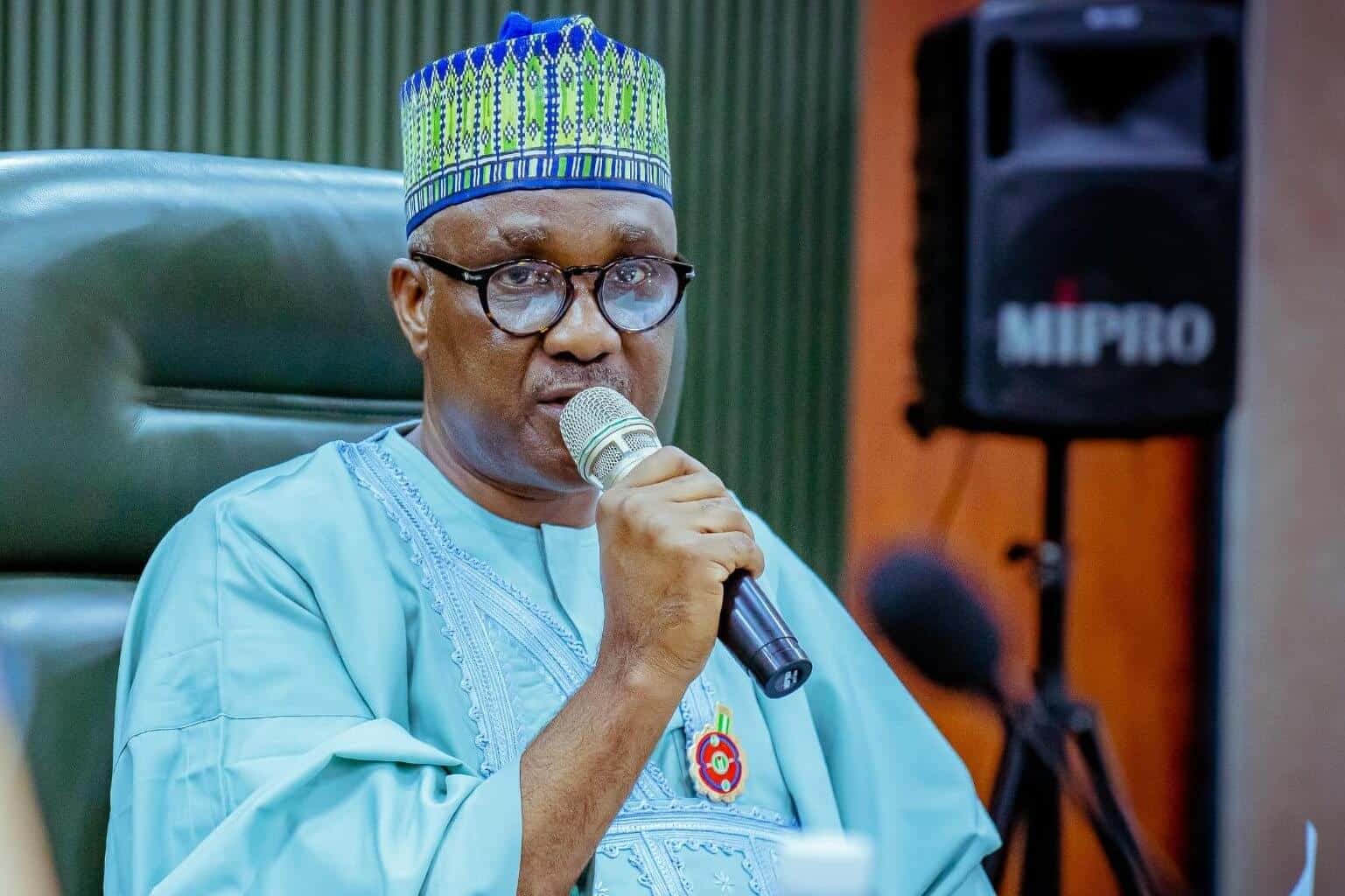The United Nations Children’s Fund (UNICEF) has charged government and educational institutions in Nigeria to prioritise investments in technology. The UNICEF Country Representative in Nigeria, Cristian Munduate, who disclosed this in an interview with reporters, said despite many successes, access to technology and education is still limited in many parts of the country, especially in rural areas.
She lamented that Nigeria still faces a significant gap in education and job readiness among its youth.
“Access to technology requires funds, but it is an investment with massive long-term gains. Providing platforms for learning and making them accessible across rural communities will empower the youth, ultimately offering value for money,” she said.
Munduate stressed the need to prepare youths for a rapidly changing world as torchbearers of sustainable development. In its bid to address the gap in education and job readiness among Nigerian youths, Munduate said the agency launched the Generation Unlimited (GenU) initiative in 2018. She explained t.hat the initiative was aimed at strengthening their skills, expand learning opportunities, and prepare them for employment.
“Through GenU, we aim to engage 20 million young people by 2030, and so far, we have reached 6.2 million young Nigerians through various online platforms and programmes,” she stated.
Munduate identified one of the key programmes under the initiative as Yoma, an online platform offering courses that allow young people to earn certificates, progress in their education and career paths.
Another critical tool is the Nigerian Learning Passport (NLP), which provides distance learning opportunities for out-of-school adolescents. Highlighting the success stories of these initiatives, Munduate cited the case of Saru Ishaq Ibrahim from Sokoto, a member of the GenU youth action team, who has been a strong advocate of girl child education.

 3 months ago
30
3 months ago
30















 English (US) ·
English (US) ·